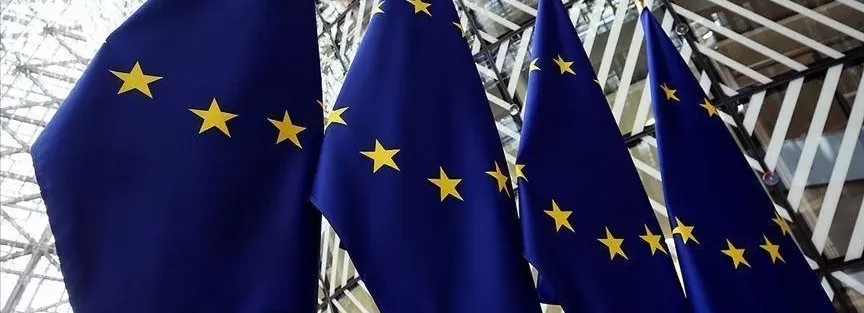What is European Union Law?
European Union law The laws of the European Union replace the laws of the member states in many areas, especially the European Common Market. Laws promulgated by European treaties become national laws of all member states based on the principle of direct legal effect. It is binding for all countries. Joining the EU requires unconditional obedience to Union laws.
What is the European Union Law System?
The legal system of the EU is classified under the heading of Community regulations, directives and decisions. It consists of several legal systems that include regulations. The agreements concluded by the Union form the basis of all legislative bodies and procedures. It determines the ways of enacting laws in various fields. An important feature of the European Union’s legislative procedures is that they are almost always recommended by the European Commission and not by a member state or member of parliament. It is the joint decision-making mechanism that gives the European Parliament veto power over bills. Parliament’s ability to offer non-binding suggestions and criticisms to union leaders. In most cases, bills must be approved at the summit.

Characteristics of EU Labor Law Rules
The European Treaties contain ambitious targets such as improving living and working conditions and raising the standard of living. The scope and mission of the socio-political rule used as a tool for economic integration was based on the principle until recently. Playground in a large functioning market. In EU law – exemptions such as free movement and equal pay. Social law is usually regulated by directives, decisions, recommendations and opinions. Not by constitutional treaties or statutes that can be directly enforced. The above-mentioned regulations are governed by the principle of “setting minimum standards”, and it is constantly emphasized that the standards presented in do not affect the higher social requirements of the legislation in force in the member state support environment.
Main Features of European Union Law
It seems far from state status. EU authorities cannot expand their powers, which are somehow limited by their will. But this is no ordinary international organization. Member states have limited some of their sovereignty in favor of the EU. Since it has been delegated, the powers of the EU authorities limited to the delegated part come into effect.
Basic Features;
The EU “is somewhere between a state and an international organization in the traditional sense”. This different situation is also reflected in the EU Law No. The main features of the law in question can be listed as follows: – Contrary to traditional international organizations, EU legislation is international, not “international cooperation”, not “economic, social and political integration” of EU legislation. Although the EU law numbered no. is closely related to international law, it is a supranational and supranational legal system independent of international law.

